Happy Easter to you!
Every year, when the grass greens up, when the trees bud out, when the weather softens, it’s hard to miss the larger meaning of life renewing all around.
This year, the symbolism of renewed life is bolstered by a book we covered here a few weeks ago. It was so illuminating, so perspective-changing, it was as if I could suddenly hear as keenly as my cat. It changed the subjects of Jesus and faith from That Which Tells Us What We’d Rather Not Hear to That Which Not Only Resurrects Us In The End, But Causes All Human Flourishing.
All. Human. Flourishing.
This certainly contrasts with the cultural death wish that we see played out in our news feeds eighteen times in a day. Little wonder that when we see smoke and flames pouring out of the Notre Dame Cathedral this week, not a few of us feel sure that we’re watching something greater than a plain old fire.
We’ve reviewed Michael Walsh’s The Devil’s Pleasure Palace here before. I just finished his follow-up book, The Fiery Angel. It covers the same territory, but I simply can’t pass up the rich vein of commentary Walsh offers on the state of our culture.
(Not to confuse Michael Walsh with Matt Walsh. Matt Walsh is a ordinary citizen who started writing blog posts on whatever bothered him. Enough readers said “Heck yeah!” to his columns that his audience snowballed. He’s now affiliated with Ben Shapiro’s Daily Wire. Michael Walsh has written for the New York Times and The Disney Channel. He probably owns a tuxedo and knows his way around champagne. Matt Walsh probably owns a nice suit, on which his kids might have spit up.)
Given Michael Walsh’s high culture creds, he’s a much tougher read than the other Walsh, tough like pulling two strips of tape apart.
But worth it. For the great quotes.
As before in Devil’s Pleasure Palace, he peppers every chapter with references to opera, Greek drama, all that stuff.
One idea he advances in Fiery Angel is the throughline that traces from culture, straight into politics. Here’s an example:
Beaumarchais — Mozart — The French Revolution — Beethoven — Napoleon.
No, I can’t explain it. We’ll have to leave it to Walsh, to the man that would argue, of course, that we shouldn’t trash the great canon of Western Civilization, the classic plays, the novels. I agree wholeheartedly.
Anyway, Walsh sees us acting out a cultural death wish and, once again, exposes its roots. He sees art as the spiritual power that can save us.
I beg to differ. It’s Christianity that saves us, but see my note above about Christianity and all human flourishing.
But I still wouldn’t trash the art. That which lights the world inspired it all. To those who want to toss it out because it ignores This People or That People, I say keep your hands off our treasures. Instead sit down and write your own Hamilton. Maybe that’s the reason you were born.
As with my last review of Walsh, I’ll just leave you with a few quotes:
Rage is one of the strongest and most destructive of human emotions. We see it in everyone from frustrated toddlers to the window-smashing anarchists and jihadi “lone wolves” now infesting the streets of the West. It is a response to anger and frustration and hostility, but mostly it is a reaction to impotence, the inability to materially change or affect an outcome. . . . (p. 5)
A culture that believes in nothing cannot defend itself, for it has nothing to defend. Not to understand our culture — or, worse, to reject it out of hand in a rebelliously juvenile manner — is not to understand history, and is not to understand politics. Which is to say, it not to understand ourselves. (p. 22)
No wonder the Marxist historians of the Frankfurt School and their descendants made the study of history one of their prime targets, . . . and to impart the propaganda necessary to bring their glorious, atheistic,a nd fundamentally anti-human new world into being — ironically, in the guise of humanism. That it cannot — can never — come into being except at the price of millions of lives, matters to them not one whit; that is, in fact, its satanic point. (p. 32)
And, something Walsh wrote in the last book, but repeats here:
There is literally no idea too stupid for the Left to conceive and believe, if not quite achieve, in its war against God, and against us. (p. 83)
There’s more, so much more.
If you really can’t thrash your way through this book, drop me a line and I’ll send you my own notes on it.
Photo credit: Daniel Arrhakis on Visualhunt.com /CC BY-NC

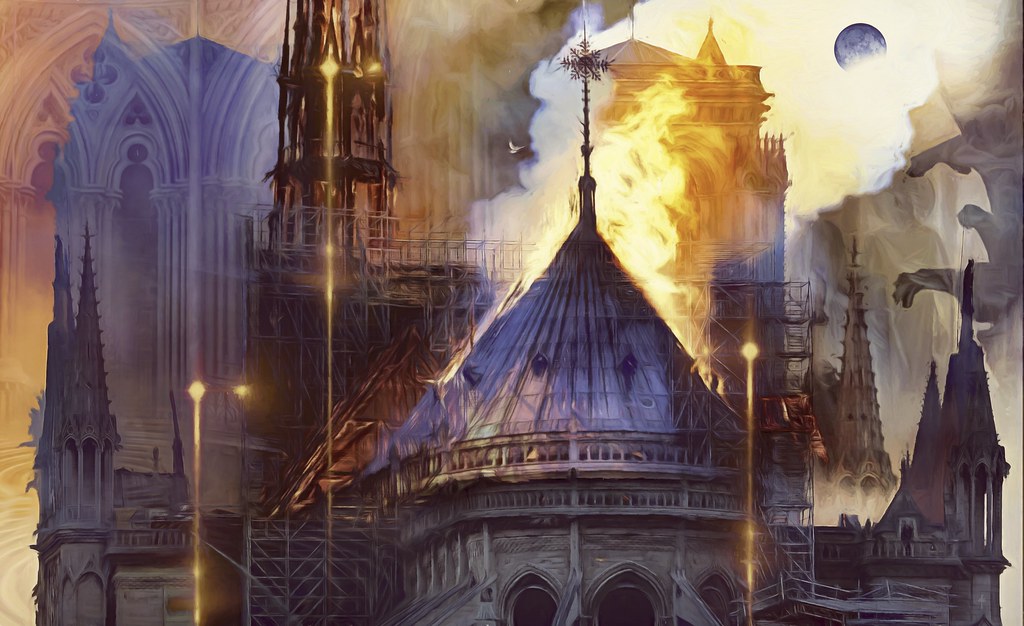
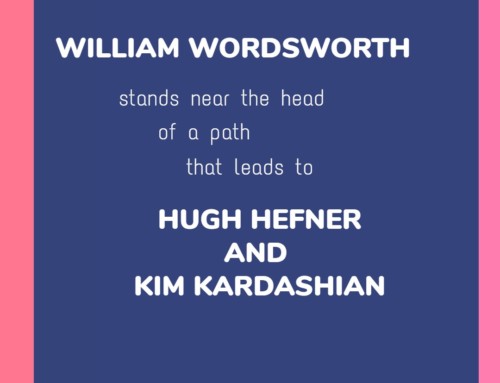
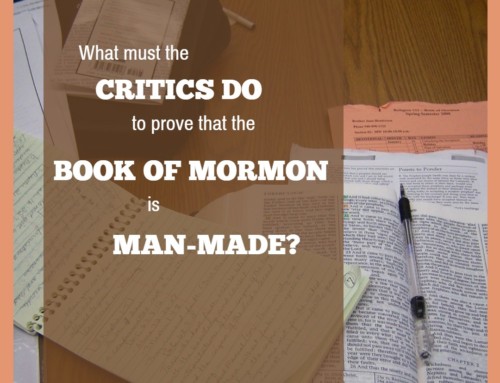
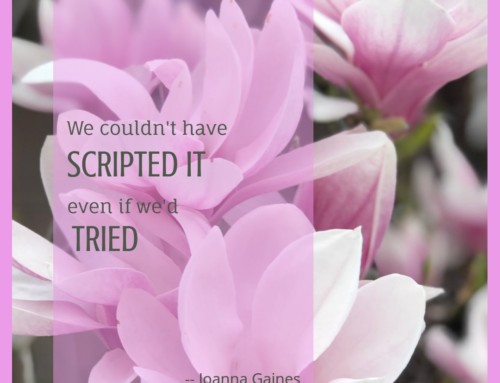

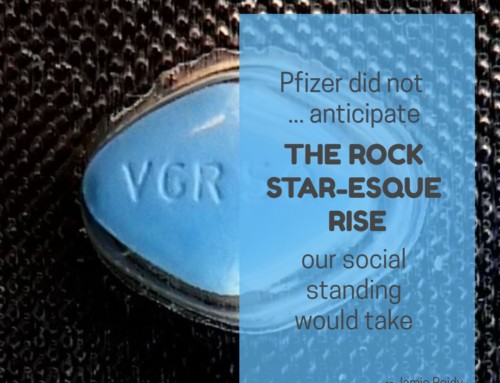
Leave A Comment